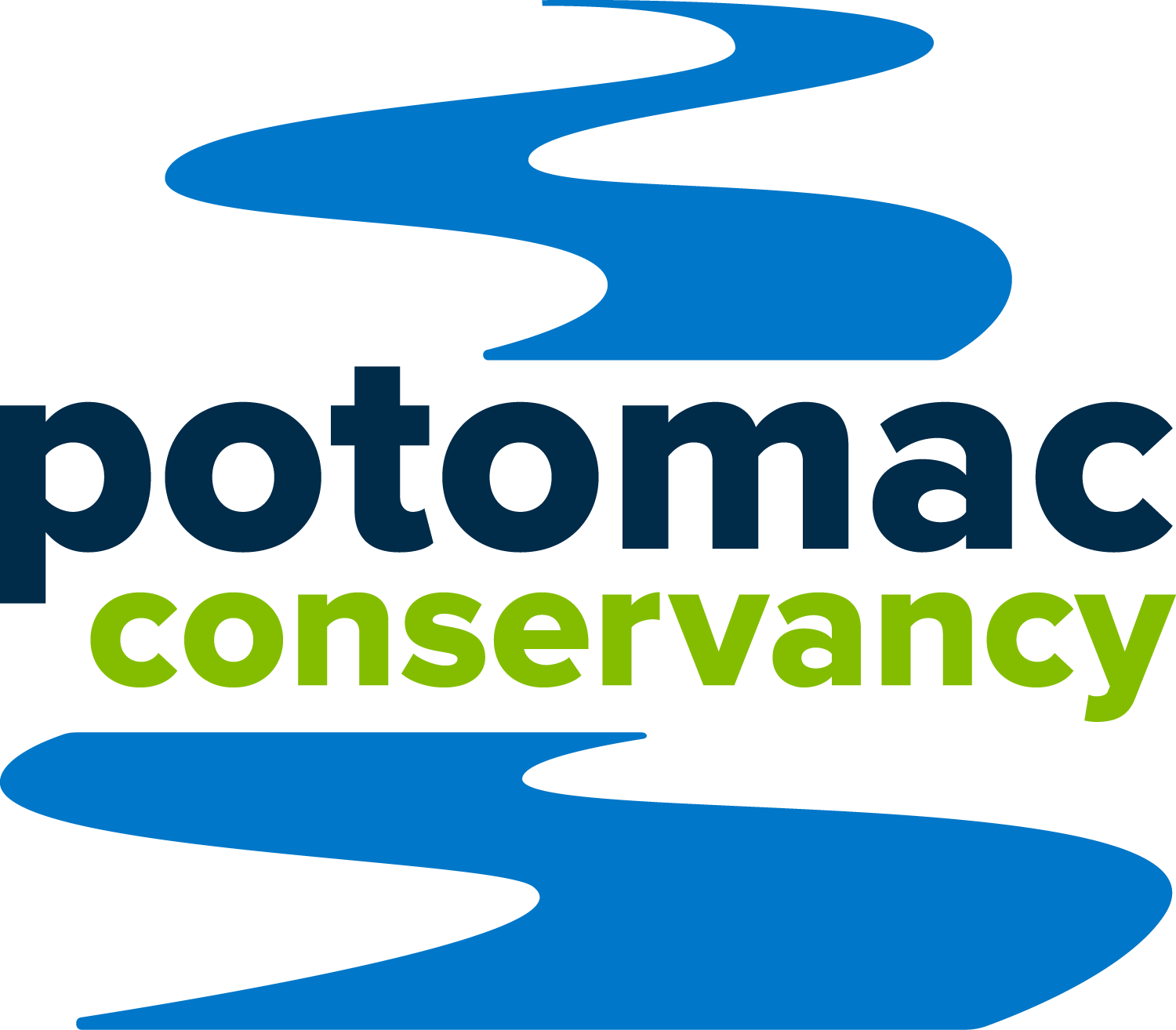Maryland’s Pollution Solution: Local Funds for Local Runoff Problems
/The Potomac River and the Chesapeake Bay need our help. During rainstorms, toxins like fecal matter, motor oils, excess nutrients, pesticides, and trash flow directly into your local rivers and streams. Polluted runoff makes our waters unsafe for swimming and fishing, threatens Maryland’s seafood economy, and carries harmful contaminants into our families’ drinking water supply.
This toxic stew running off the land is the only growing source of pollution entering local waterways and is public enemy #1 when it comes to the health of Maryland streams.
There is good news.
The Maryland state legislature stood up for clean water and passed a 2012 law to protect local waterways and curb runoff levels in our waters. As a direct result, we are seeing more and more community projects throughout Maryland reduce the impact of polluted stormwater runoff.
“Maryland’s vibrant network of streams and rivers plays an important role in our economy, health, and quality of life. The 2012 Polluted Runoff Law empowers counties to protect local rivers with local dollars. We must hold state leaders accountable and protect this important legislation because Marylanders want and have a right to clean water and healthy lands.”
The 2012 Maryland Watershed Protection and Restoration Law alleviated the growing financial burden on counties to meet federal and state pollution reduction goals. The law strengthened the State’s cleanup efforts by requiring local governments to collect a designated fee that funds local projects, reducing stormwater’s impact on community waterways.
But, the law is now under attack.
Email your state legislators, now, and urge them to maintain critical funding to protect our local lands and waters!
Powerful special interest groups, anti-tax activists, and misguided politicians are seeking to repeal, delay, or otherwise weaken effective programs that are seeing results in places like Prince George’s and Montgomery Counties.
Maryland must move forward not backward in the movement for healthy lands and clean water by keeping in-place policies that are working and making a difference in our local communities.
Together, we will hold our elected state leaders accountable and ensure they follow through with their commitment to cleaning up our local waterways, the Potomac River, and Chesapeake Bay.
Stand with us to defend Maryland’s right to clean water.
Take an Action for clean water and join a growing movement to save our local lands and waters!
Additional Background on Maryland’s Clean Water Investment
Federal and state law requires local jurisdictions to reduce polluted runoff from urban and suburban sources. But, local communities can’t achieve this without additional resources. As Maryland grows to accommodate exponentially increasing populations, more paved surfaces like roads, parking lots, and rooftops carry polluted runoff into our local streams. Greater investment in pollution reduction solutions is more important than ever. Increasing development will outpace the current rate of State-funded stormwater management projects. The Watershed Protection and Restoration law created a local solution to a local problem.
By covering the natural landscape with buildings, roads, or driveways we remove the land’s ability to absorb water where it lands and filter out toxins before they are carried to our waterways. In order to compensate for this, stormwater fees allow Maryland residents to mitigate their water pollution “footprint.”
The Polluted Runoff Fees are charged to property owners based on the amount of paved or hardened surfaces on their property that collects pollution carried into local waterways when it rains. The fee raises local dollars to fund local projects that reduce pollution through the use of tree plantings, green streets, and improving drainage infrastructure among other tactics.
By passing this critical legislation in 2012, the Maryland General Assembly showed necessary leadership to help Maryland achieve its federal pollution reduction requirements and created a system that solved for scarce resources in local stormwater management efforts.


